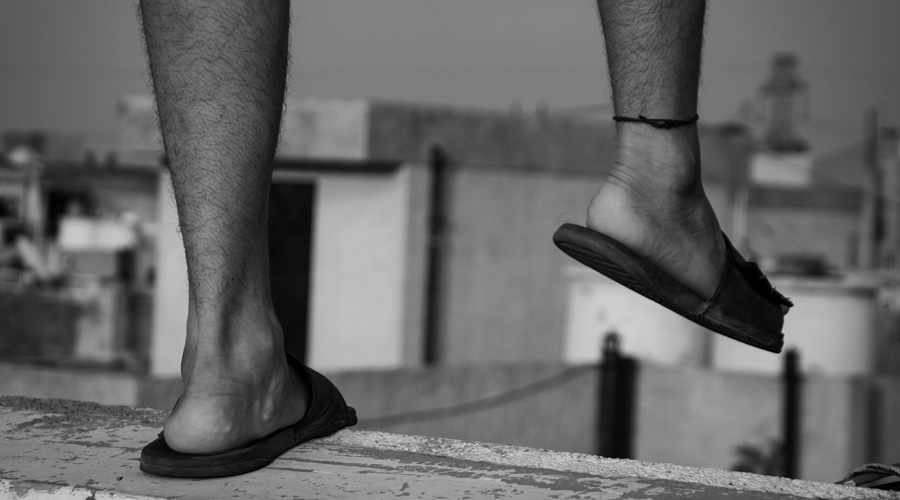Afresh inquiry begins in educational institutions every time a student from a marginalised community commits suicide. Yet between 2014-21, reports indicate that around 58% of students who died by suicide in Indian Institutes of Management, Central universities and other Central institutes were from scheduled castes, scheduled tribes or other backward classes. When the Chief Justice of India reportedly said in a recent speech that what the country needed were institutes of empathy rather than institutes of eminence, the immediate occasion of his remark was a Dalit student’s suicide in IIT, Bombay. He referred to a similar tragedy last year in Odisha, although for IIT-Bombay this is not a new experience. A student from a marginalised community died by his own hand there in 2014. Clearly, a deep-rooted problem persists in institutions. They readily deny discrimination, as IIT-Bombay has done, but a planned responsiveness to the high number of suicides among students from socially underprivileged backgrounds has not yet been formulated.
Discrimination cannot be contained in a simple definition. Displaying entrance scores identifies the ‘quota students’, encouraging assumptions about not being ‘deserving’. The CJI suggested that hostels not be allotted on the basis of marks, and putting up scores with social categories be avoided. Other forms of discrimination are less obvious. Skills in language, social confidence and the ability to ‘fit in’ are prized qualities in campus life and in training for later employment. Young people from less exposed backgrounds may feel isolated and alienated in this environment, especially because their compatriots have no inkling of their struggles to reach this point of excellence. The CJI’s recommendations glanced at these aspects by suggesting that personal remarks on appearance and ability be stopped. Institutions are expected to be far more sensitive to marginalised students — the CJI emphasised their mental health — since universities take on the place of parents once young people leave home. Excellence in professions is not only the end of education; the CJI said that without empathy and compassion it is incomplete. The present attitudes must change for the dawning of understanding. Educational institutions must rigorously penalise casteist and racist cruelty and change their policies to create an inclusive campus environment. Equality has to be thought through to be established, not as a label but as lived experience.











